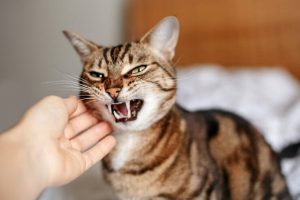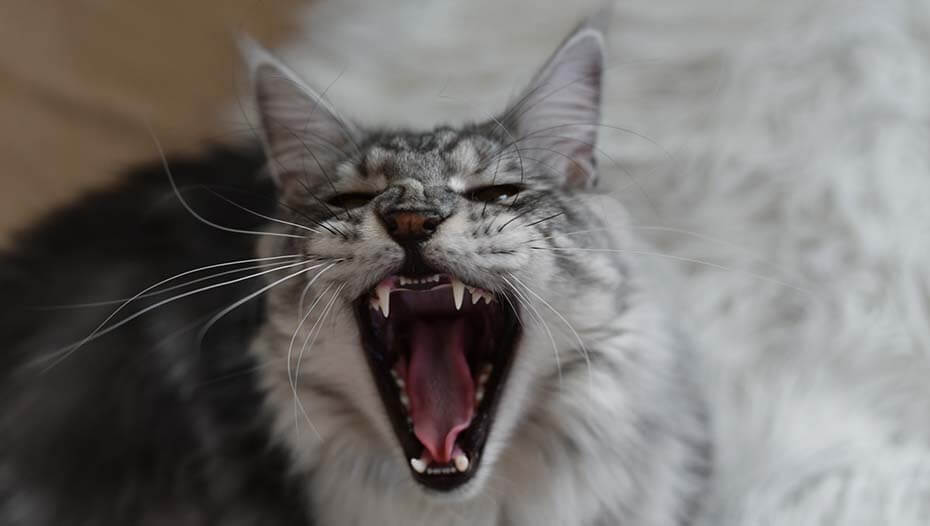


Stressors can include a new pet or family member, building work, a house move, vet or cattery visits or territorial disputes with neighbouring cats. Fear, stress or anxietyĬats show anxiety in many different ways – some subtle, some not. A hiss is a way to communicate they are unhappy without resorting to fighting. Cats will often try to avoid physical confrontation. They may also hiss when feeling threatened, perhaps if their territory is being invaded by another pet – or you. For example, if you move the furniture around, introduce a new object into the home or make a loud noise, for example. This complex structure can be easily misunderstood by humans, especially as much of cat communication is performed by scent, subtle body language and facial expression.Ĭats may hiss when they feel out of their comfort zone in their environment. They are territorial and hunt alone, but indulge in some social behaviours such as play and grooming. Never play with kittens with your hands or feet use appropriate toys and redirect inappropriate behaviour such as biting towards a suitable toy.Ĭats are an interesting mix of social and solitary. Keep them short and satisfying, allowing your pet to ‘catch’ the toy at the end and retire with their prize and then leave them to calm down. Try to end playtime before your cat becomes overstimulated. If your cat starts hissing at you whilst engaged in play, it is a sure sign that enough is enough. Some cats get very overstimulated by certain games, especially those which carry on and on with no satisfying end ‘kill’ – such as chasing a laser pointer.


Pouncing, chasing and biting are all therefore large parts of cat play so it is little wonder that these sessions can sometimes get a bit carried away. Inappropriate playĬats, especially kittens, play to improve social bonds, and to learn important life skills such as hunting tactics. A classic example of a cat hissing when in pain would be an older cat with arthritis and therefore joint pain, who has started hissing when picked up, stroked, or groomed. Cats who are ill or in pain may have changes to their appetite, may sleep or hide away more, alter their interactions with their owners and other pets and show adverse behavioural changes such as aggression or excessive vocalisation. Cats can’t tell us in words if they feel unwell, or if something hurts, but they can give us plenty of clues with their behaviour.Ĭhronic pain can be difficult to detect in cats, as they often hide the signs, but even small changes to behaviour can be telling. Pain or discomfortĪs with any behavioural problem, pain or illness should be ruled out by a veterinary surgeon in the first instance. Let’s have a look at these causes in more detail. Why is my cat hissing at me?Ĭats usually show aggressive or defensive behaviour towards people for the following reasons: As a form of verbal communication, it can be a warning in an aggressive scenario before physical fighting takes place, or an instinctive response to fear, pain or distress. It is associated with negative feelings such as fear and aggression. Hissing is a perfectly natural and instinctual response in a cat. A hiss is often seen together with threatening body language and postural changes from your cat, such as an arched back, flattened ears, wide eyes and a fluffed-up tail. The mouth is held wide open, with teeth on show as a display of intimidation. Hisssss… this menacing noise is made when a cat suddenly expels air through its mouth.


 0 kommentar(er)
0 kommentar(er)
